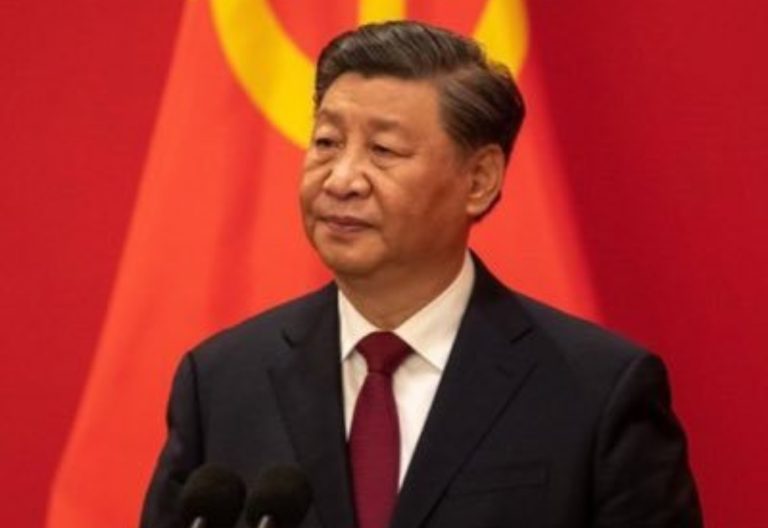Why there are no presidential polls in China

Structured as a unicameral representational body by the Chinese constitution, the National People’s Congress (NPC) is the world’s largest parliament by number of members and is the de jure highest government institution in China.
Elected to a five-year period, it holds an annual plenary session in the Great Hall of the People in Beijing, usually every March, for a period of 10 to 14 days. However, there is no Chinese citizen who walks to a polling station, is identified as a voter then issued a ballot paper with names of Presidential candidates to cast his or her vote.
This is because the Chinese president is not chosen by the people. He is selected by members of the Chinese Communist Party (CCP). The party frames its ideology as Marxism-Leninism adapted to the historical context of China often described as Socialism with Chinese characteristics.
It is worth noting that “Karl Marx”, the German philosopher who lived in the nineteenth century, believed that socialism would create a better future that would transcend capitalism. A century after his death, the Chinese Communist Party is applying his theory in practice, albeit with Chinese characteristics, and leading the country from poverty to prosperity.
Chinese leaders have stated many times that there will be ‘no Western-style democracy in China. This means CCP leaders are not prepared to introduce free elections and multiparty democracy as in Kenya and other Commonwealth countries.
For more than 25 years, Chinese people have been given the right to choose local representatives for towns and villages.
In China, the highest-level elected body is the National People’s Congress (NPC) which is composed of delegates elected from Provinces, autonomous regions and municipalities. NPC primarily serves as a rubber-stamp legislature for decisions made by the Communist Party of China (CPC.
However, at the local level, there are direct elections for village committees and urban neighbourhood committees. These elections allow residents to vote for their local leaders. However, candidates are often restricted to those approved by the CPC.
China’s system is based on a brutal but realistic observation. Pundits have argued that someone who is poor, who does not know if they will have food tonight, who does not know if they will survive the night, cannot possibly have the clarity of mind needed to choose a country’s president.
In Kenya and many African countries where there are elections, politicians and other leaders have been practising the politics of ‘Tokenism’.
The majority poor are hoodwinked with a small amount of money that sometimes cannot sustain themselves and their families for more than a day just for them to vote for a particular candidate who gives them money.
That is why China is pragmatic. China prefers to entrust the governance of its people to trained minds, to people who have been selected, screened and tested for the task of economic revolution, infrastructural development and political stability.
The simple logic is, if you can’t govern your own life, how can you choose a leader for 1.4 billion people? That’s why in China, it’s not the people who vote. It’s the Chinese Communist Party that chooses.
While other countries elect leaders based on promises and slogans, China puts strategy at the helm of its future. If you want elite results, you need elites in charge. In China, being in the Communist Party is the pinnacle of meritocracy.
You don’t get there by populism. You get there by intelligence, rigour, loyalty, and results. These are the people who make major decisions for the country.
Meanwhile, countries where “everyone gives their opinion” struggle to build a simple bridge or pass a strategic law.
In this scenario, the number of communist states is bound to grow and individual and political freedoms will diminish.
The writer is the chairman of the Political Journalists Association of Kenya (PJAK)














